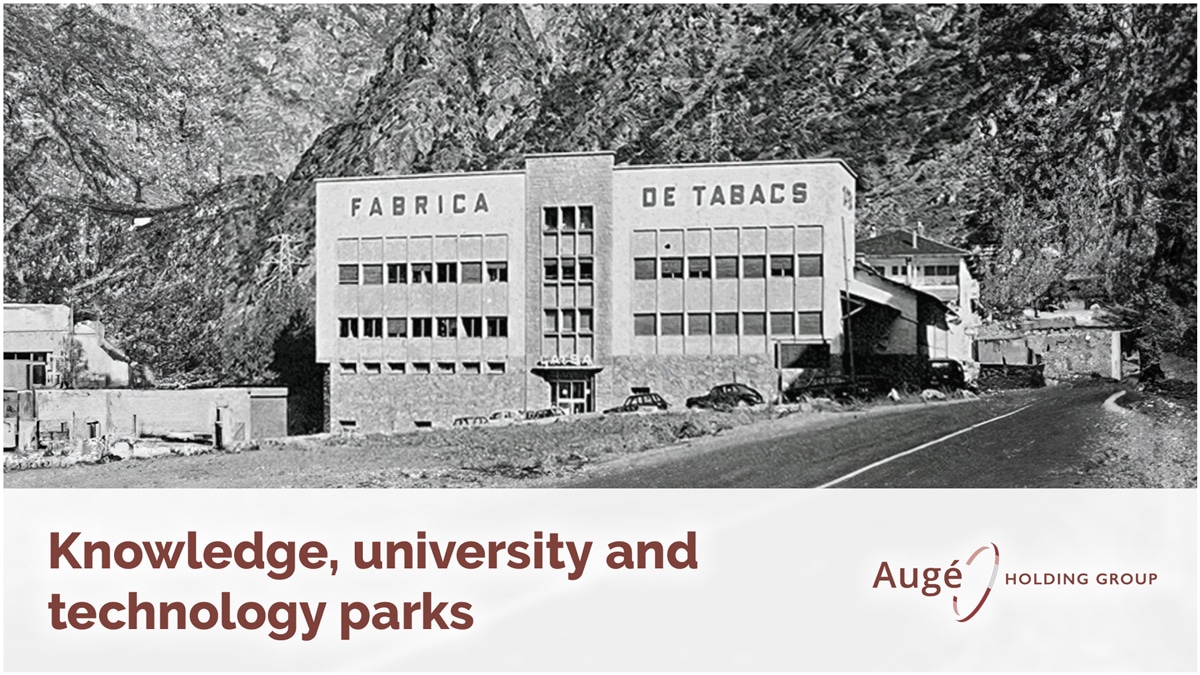Andorra and the 720 Spanish form
It has been a while that lodging has been one of the main concerns of Andorran citizens. There is an increasing demand and not enough offer, which makes the prices rise and excludes an important part of the citizens. In this context, for many years an emphasis has been made on the indetermined (some make reference to 2.000) lodgings that are unoccupied and off the market because the Spanish owners have been trapped due to the tax rules of their country.
During the month of March 2012, as a consequence of the tax amnesty that allowed the Spanish tax residents owning real estate assets abroad to declare them with low financial consequences, but this measure was not very successful. It was necessary to “motivate” the Spanish taxpayers in a much more convincing manner by establishing very harsh sanctions; this way the undeclared assets abroad within a given time frame would be considered as an unjustified patrimonial increase and therefore not subject to any time barred rules, unless said assets had been acquired with declared income or its acquisition was prior to becoming Spanish tax residents. If this could not be justified there were various formal sanctions along with a 150% sanction of the amount that was not paid. Therefore, one ended up paying much more than the value of the undeclared asset. This encouraged some to declare the assets but for those that did not, in order to avoid the sanctions, the real estate owners decided to withdraw the asset from the rental or sale market to avoid being “discovered” and sanctioned severely.
From the beginning, both the involved citizens and the specialists in this field have been against such unproportioned measures and the European Commission decided to intervene first by inviting the Spanish State to rectify and, seeing that the latter did not do so, it presented an appeal at the European Court of Justice, which finally handed down a ruling that considers that the Spanish rules constituted a restriction to the free movement of capital and that, although justified by the fight against corruption and tax evasion, such rules are against EU law. The main consequence is that the Spanish Administration and Spanish Courts will not be apply to apply such rules due to the preponderance of EU law.
The Spanish Government undertook to amend the rules in question before the expiration of the term for the presentation of Form 720 (which does not disappear) by 31 March. It has followed trough with such undertaking and the amendment has been approved and should be ratified by the Senate within the fixed time frame. Basically, the absence of time barring rules disappear and the time barring is now 4 years as for the other tax obligations and the sanction is reduced by 50%. This should produce a double effect: those that declared the assets abroad and paid a severe sanction could request tits reimbursement and, what is more important for Andorra, those that have not dared to declare their assets abroad are incentivised to do so with economic consequences that are much softer. We will see as of the entry into force of this legislative change how the Spanish real estate owners react and if the Andorran market has access to such real estate goods, whether for the rental or sale market.
In any case, it is clear that the real estate market of the country is affected by an increase of demand, due to the lack of offer and the development of new real estate promotions that are oriented towards new residents with high economic capacity residents rather than the majority of the population that aspires to have a reasonable lodging at a price in line with its economical capacity. This is the big challenge not only for the governors but also for the various agents involved, owners, promotors, builders and Business associations, that will have to explore formulas of public-private collaborations and new constructive techniques, which (as explained in various occasions) can provide solutions to the lodging questions in our country.
The Management
Augé Legal & Fiscal





